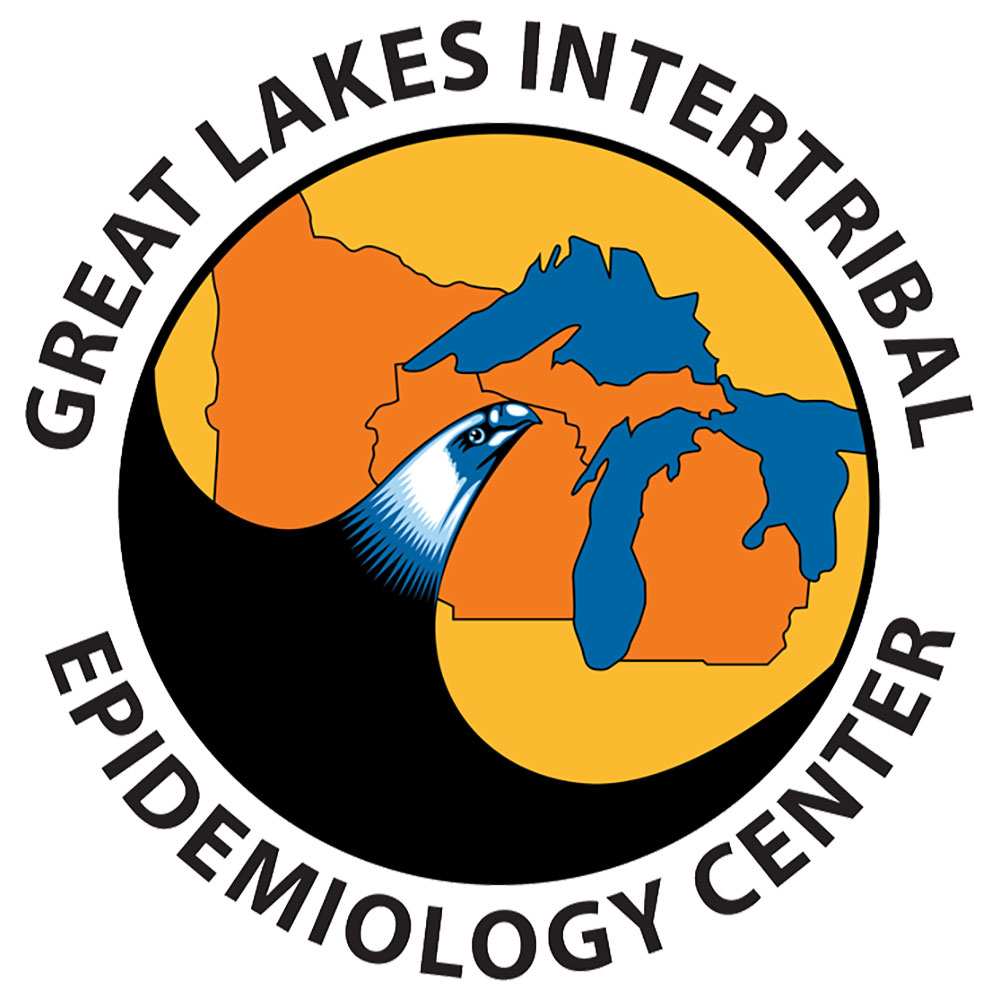Weaving Success: Evaluation in Indian Country
Course
This course covers evaluation methods that honor Native peoples’ values and ways of knowing, learning and being. After completing this course, learners will be able to evaluate the impact of their programs on the health of their patients and the overall community.
This course consists of five sequential modules that build on each other and must be attended in order. They will cover evaluation definition and purpose, identifying and engaging invested partners, needs assessment, types of evaluations, data collection and analysis and more. The Great Lakes Inter-Tribal Epidemiology Center (GLITEC) created this course in order to support American Indian/Alaska Native communities in their efforts to improve the health of their people.
Who Should Register
Physicians, RNs, APRNs, LVN/APNs and all staff who manage or work on programs in Tribal health clinics and agencies.
Learning Objectives
After completing this online course, participants will be able to:
- Describe the basic concepts of an Indigenous approach to program evaluation
- Identify their own contribution to the evaluation process and how it can be improved.
- Communicate with their colleagues and community about evaluation methods and how to tailor them to the community’s needs.
- Apply evaluation concepts and best practices to their everyday work
Completing This Course
Successful completion of this continuing education activity includes the following:
- Completing the entire online course
- Completing the online evaluation
- Completing an online certificate module
Registration & Fees
The eLearning course is free of charge.
Acknowledgements
This learning opportunity was made possible through the Tribal Epidemiology Center Public Health Infrastructure (TECPHI) program, a cooperative agreement with the Centers for Disease Control and Prevention.
Many thanks to the artists and contributors, who lent their time and talent to this course:
April Stone
Bad River Band of Lake Superior Ojibwe
Traditional Black Ash Basket Weaver; see more of April's work here.
Brittany Tainter
Lac Courte Oreilles Ojibwe
Illustrator; see more of Brittany's work here.
Buffalo Nickel Creative
Film Crew for basket weaving clips; their website is here.
Denise Halfyard
Wet'suwet'en, Tsimshian, Gitxsan
Narrator of Modules 2 and 4; find her at her studio here
German Gonzalez, MD, MPH, FACE
Subject Matter Expert
Gifty Crabbe, MPH, CPH
Subject Matter Expert
the Rev. Isaiah "Shaneequa" Brokenleg MPH, MDiv
Sicangu Lakota (Rosebud Sioux Tribe)
Narrator of Modules 1, 3, and 5 and Subject Matter Expert
Jan Michael Looking Wolf
Kalapuya Tribal Member
Musician and Flute Player; learn more about Jan Michael here.
Jay Blackwell, MA, CPSW
Interviewee and Subject Matter Expert
Learn more about Jay and his work here and here.
Samantha Lucas-Pipkorn, MPH
Interviewee and Subject Matter Expert
Here is the course outline:
1. Course Information and ResourcesHow to navigate this course and resources from the modules |
2. Honoring Indigenous Ways of Knowing, Learning, & Being in EvaluationCourse Information and Module One |
3. Grounding the Evaluation in the CommunityModule Two |
4. Charting the CourseModule Three |
5. Weaving the Strands of Many VoicesModule Four |
6. Telling the Story, Sharing WisdomModule Five |
7. Evaluation and CertificateComplete the course and receive your certificate |
Completion
The following certificates are awarded when the course is completed:
 |
Certificate of Completion |




.png?lmsauth=5ec29864a644c9f8cc34d8b4d240dcd4c9cbb8e6)

